Utilizing advanced carbide materials, our Carbide Dies are designed for consistent and precise shaping of various wire types. With a commitment to quality, our manufacturing process undergoes rigorous inspections, ensuring dimensional accuracy and durability.
Features about our Carbide Wire Drawing Dies:
High Hardness:Carbide Dies are known for their exceptional hardness, which allows them to withstand high-pressure applications and resist deformation.
Excellent Wear Resistance:Due to their hardness, carbide dies offer superior wear resistance compared to other materials, leading to longer tool life and reduced need for frequent replacements.
High Heat Resistance:Carbide dies can operate effectively at high temperatures without losing their hardness, making them suitable for high-temperature processing applications.
Precision Manufacturing:Carbide dies are capable of producing highly precise and accurate components, meeting tight tolerances required in many industrial applications.
Corrosion Resistance:Carbide dies have good resistance to corrosion and chemical wear, which enhances their durability in various processing environments.
Toughness: Despite their hardness, carbide dies exhibit good toughness, which helps them resist chipping and cracking under stress.
Stable Performance:Carbide dies maintain their performance characteristics over a wide range of operating conditions, including temperature and pressure variations.
Complex Geometries:Carbide dies can be manufactured to create complex shapes and intricate designs, making them versatile for various molding and stamping operations.
Reduced Friction:The smooth surface of carbide dies minimizes friction during processing, leading to improved efficiency and quality of the finished products.
Low Maintenance:Due to their durability and wear resistance, carbide dies require less frequent maintenance compared to other types of dies, contributing to lower overall operational costs.
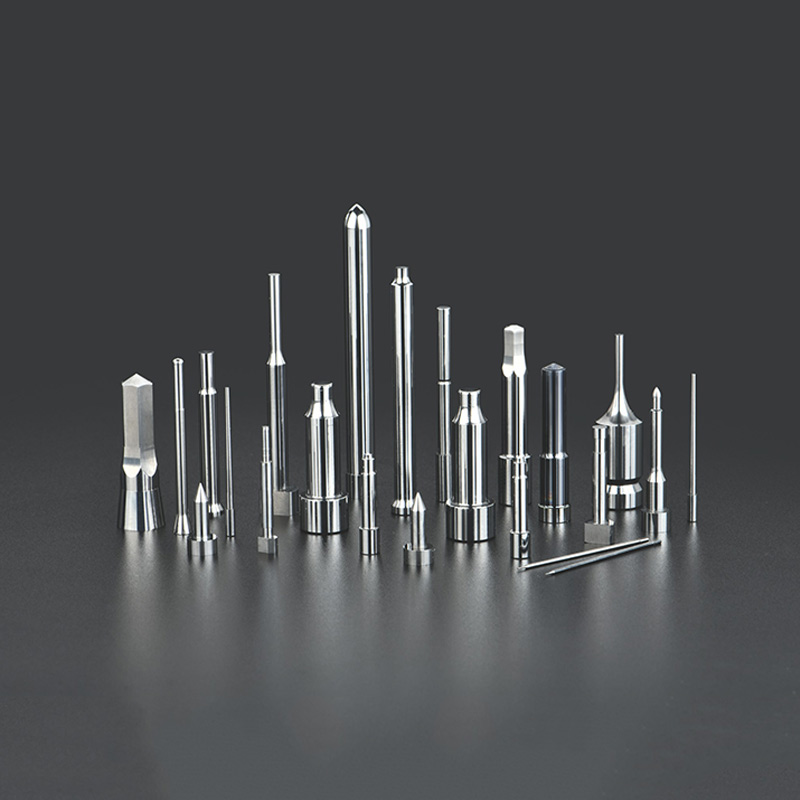
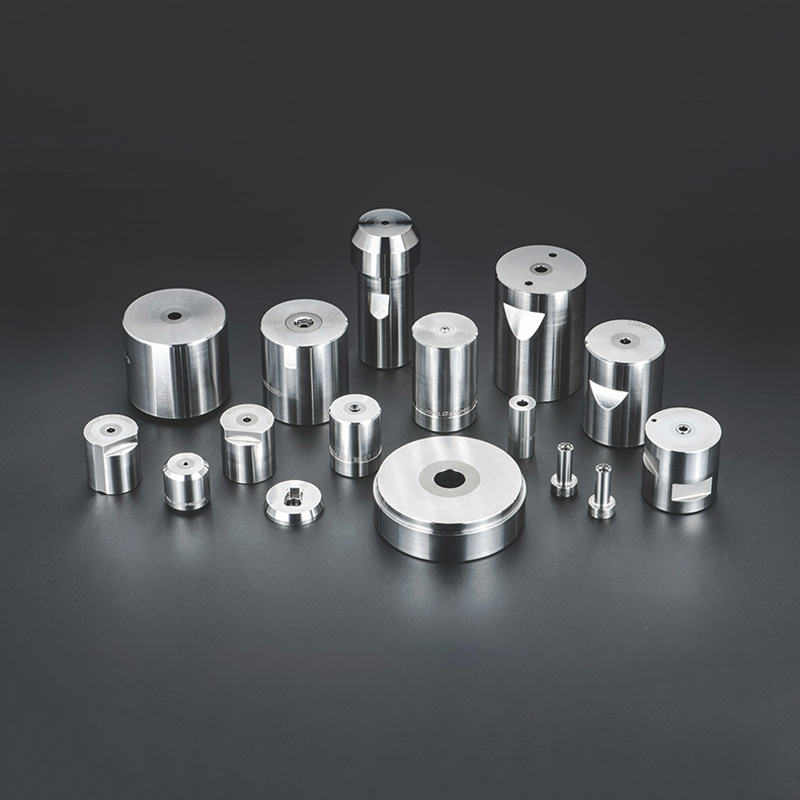
Carbide Dies Used in Medical Devices
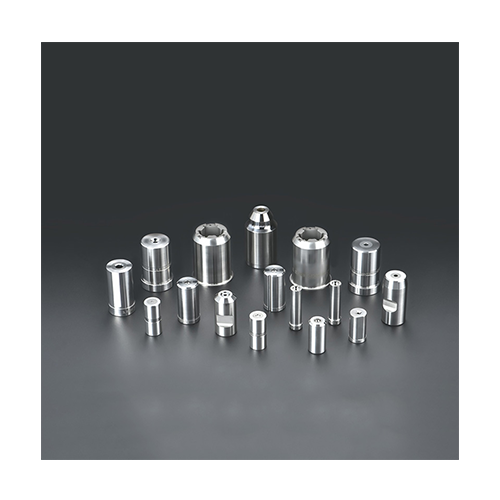 Surgical Wire Production: Carbide Dies are crucial in shaping wires used in the production of surgical instruments, ensuring precision and consistency.
Surgical Wire Production: Carbide Dies are crucial in shaping wires used in the production of surgical instruments, ensuring precision and consistency.
Medical Cable Manufacturing: Utilized in medical cable production, these dies contribute to the formation of high-quality cables for medical devices and diagnostic equipment.
Orthopedic Implant Components: Carbide Dies play a role in shaping wires for orthopedic implants.
Dental Instrument Manufacturing: Utilized for wire drawing in dental instrument production, Carbide Dies contribute to the creation of precise and high-quality dental tools.
Suture Wire Formation: In the medical field, these dies are essential for shaping wires used in the production of surgical sutures, ensuring uniformity and strength.
Medical Sensor Components: Carbide Dies find application in shaping wires for medical sensors, contributing to the accuracy and reliability of diagnostic devices.
Medical Micro-spring Production: Carbide Dies are applied in shaping wires for micro-springs used in various medical devices, supporting intricate and specialized applications.
| Q&A |
What is Carbide Dies?
Carbide Dies are tools made of Tungsten Carbide (WC) material, which are widely used in metal forming, stamping, extrusion and other processes, and are favored for their excellent hardness and wear resistance.
What are the main advantages of Carbide Dies?
Carbide Dies tungsten carbide tooling has excellent hardness, wear resistance, high temperature resistance and corrosion resistance, suitable for use in high pressure and high temperature environments with long life.
What are the main application areas of Carbide Dies?
It is mainly used in metal processing, stamping, extrusion, cold heading, plastic molding, etc. It is especially suitable for applications requiring high wear resistance and precision.
What are the materials used to manufacture Carbide Dies?
It is mainly made of tungsten carbide powder mixed with cobalt powder through pressing and sintering process. This material has excellent hardness and wear resistance.
What is the difference between Carbide Dies and Steel Dies?
Carbide Dies are significantly harder and more wear resistant than Steel Dies, but they are also more expensive. Steel Dies are relatively inexpensive and easier to process, but are not as durable as Tungsten Carbide Dies.
What is the life expectancy of Carbide Dies?
Carbide Dies typically have a long life, depending on usage and maintenance. High quality tungsten carbide molds can be used tens of thousands of times under good conditions.
How accurate is the machining of Carbide Dies?
Carbide Dies can provide extremely high machining accuracy, usually down to the micron level, which is ideal for high precision manufacturing requirements.
How do I maintain and care for Carbide Dies?
Regularly check the wear and tear, keep it clean and avoid excessive shock and pressure. Use proper lubricants and have them professionally repaired when needed.
What are the common failures of Carbide Dies?
Common failures include wear, chipping, cracking and deformation. These problems can usually be minimized by proper maintenance and correct use.
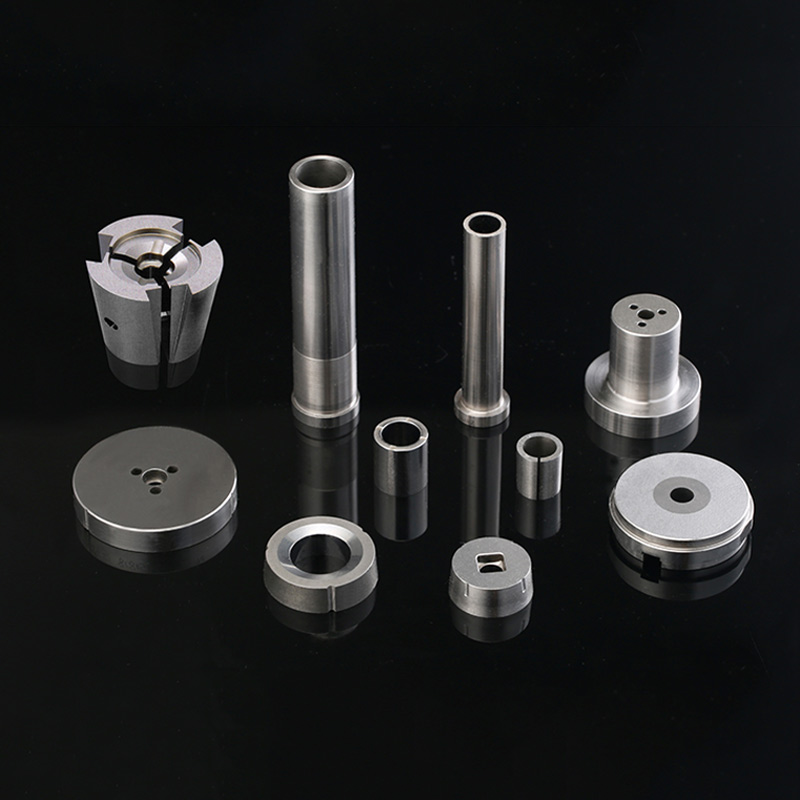
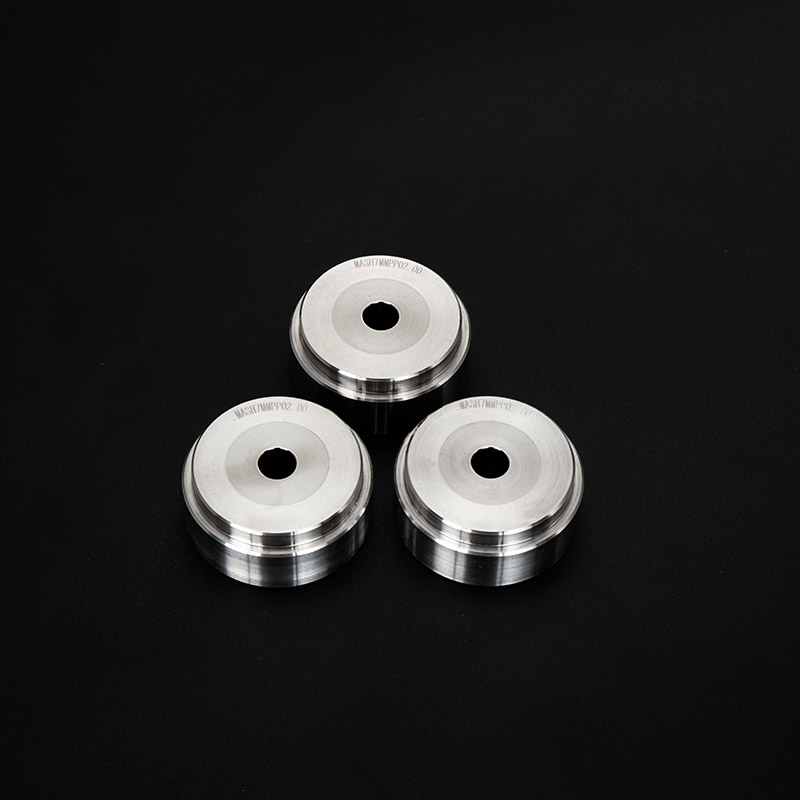
| About our product quality inspection |
Our Carbide Dies undergo a meticulous quality inspection process to ensure superior performance. The inspection begins with a thorough examination of the die's dimensional accuracy using precision measuring tools. Subsequently, surface finishes and geometrical features are scrutinized to meet stringent quality standards. Rigorous testing follows, including wire drawing trials to assess the die's functionality and durability under operational conditions. Our quality control process also includes checks for hardness, concentricity, and overall structural integrity. Only after successfully passing these comprehensive inspections, Carbide Dies are approved for production.
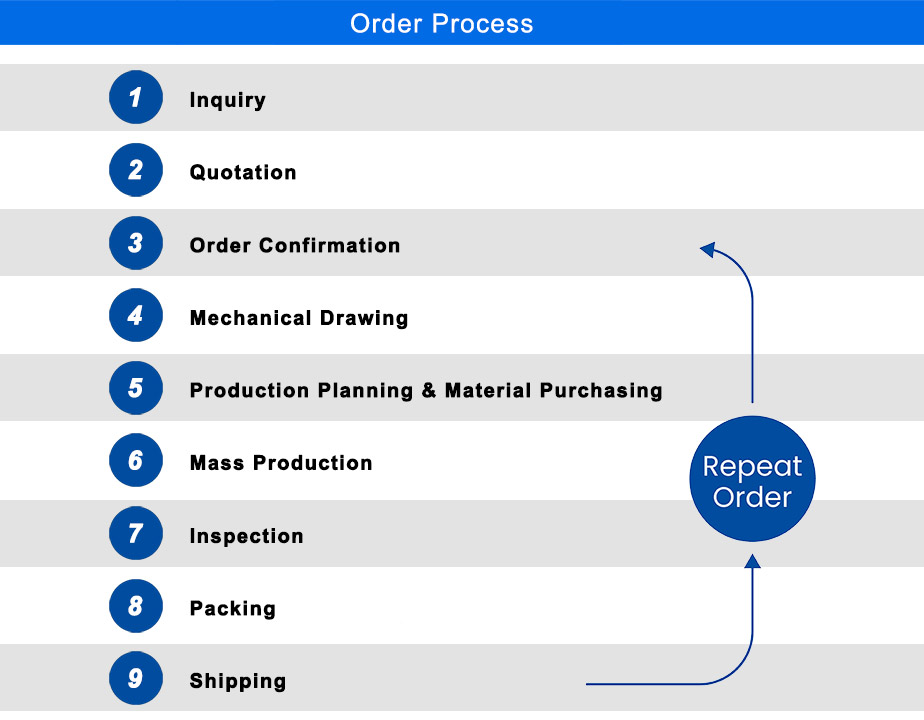

Carbide Dies Product Information | |
Product Name | Carbide Dies |
Brand Name | Donglong |
Place of Origin | Dongguan, Guangdong, China |
Specification | Customized on Request |
Customization | Material, size, shape, convex and concave marking, coating, laser engraving mark and packing are all customizable. |
Product Material | Carbide.ASP23 Vanadis.CPMRTXM4.SKD11SKD61HSSA2M2D2SUJ2.S45C.ect |
Standard | DIN ANSI BS JIS |
Tolerance | ±0.002mm |
Surface Treatment | TiCNTiN,Aitain,Ticrnnitriding Black oxygened Black coating etc available |
Polishness | Close to Ra0.2 Hardness Depends on material(HRC60~94) |
Hardness | Depends on material(HRC60~94) |
Shaping Mode | Grinding, wire cutting, EDM, cnc machining, cnc turning, cnc Milling |
Application | Machinery Parts and Molds |
Material for Core of Carbide Dies | ||||||
Grade | WC+Other | Co | Grain Size | Density | Hardness | TRS |
(±0.5%) | (±0.5%) | (g/cm³) | (HRA)±0.5 | (N/mm²) | ||
KG5 | 88 | 12 | Medium | 14.31 | 88.3 | 340 |
KG6 | 86 | 14 | Medium | 14.12 | 87.3 | 320 |
EA65 | 82 | 18 | Coarse | 13.75 | 85 | 300 |
EA90 | 76 | 24 | Coarse | 13.22 | 82.8 | 270 |
ST6 | 85 | 15 | Coarse | 13.8 | 86 | 270 |
ST7 | 80 | 20 | Coarse | 13.4 | 85.3 | 270 |
VA80 | 80 | 20 | Coarse | 13.58 | 84 | 280 |
VA90 | 78 | 22 | Coarse | 13.39 | 82.5 | 240 |
VA95 | 75 | 25 | Coarse | 13.12 | 81.5 | 220 |
Material for Casing of Carbide Dies | |||
Material | Hardness (HRC) | Features | Applications |
H13 | 59-61 | H13 is a chromium molybdenum hot work steel with exceptional hot hardness and abrasion resistance, general hardness, and toughness. | Used for extrusion dies, forging dies, stamping tools, etc. |
SKD11 | 58-61 | SKD11 tool steel has good wear resistance and size ability after heat treatment. | Used for tensile dies, cold extrusion dies, first punch holder, etc. |
SKD61 | 43-53 | SKD61 steel is a high-grade die casting die. It has heat shock resistance, heat deformation resistance, heat fatigue resistance. | Used for heat work dies, cold heading dies, second punch holders. |